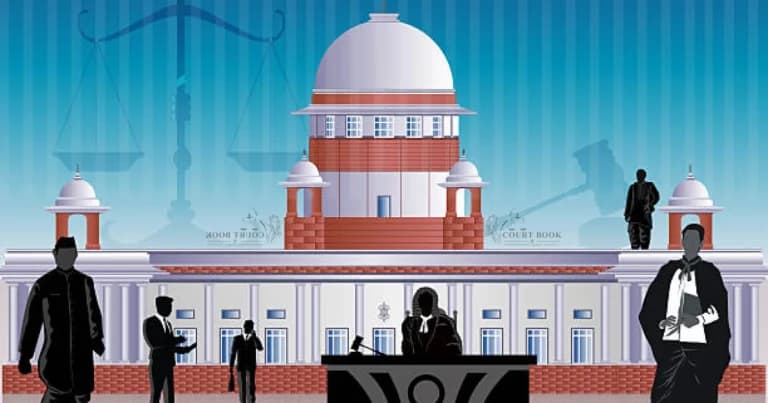The Punjab & Haryana High Court recently heard a plea challenging the allotment of liquor vends under Chandigarh’s liquor policy and directed the petitioner to contest its constitutionality. The court emphasized that liquor is not an essential commodity, and its supply can be delayed if necessary.
Court’s Observation on Liquor Policy
As per Clause 14 of the U.T. Excise Policy 2025-26, to prevent monopoly, no single person or entity can be allotted more than ten liquor vends. However, allegations surfaced that in a recent bid, a single family and their associates secured 87 out of 97 vends, raising concerns over fair competition.
Read also: Punjab And Haryana High Court Upholds Husband’s Divorce Due to Wife’s Cruelty
A division bench comprising Justice Sureshwar Thakur and Justice Vikas Suri advised the petitioner to amend their plea and directly challenge the policy’s constitutionality. The bench remarked:
"The area of participation is large to ensure that it is not rigged... You need to challenge the constitutionality of the policy... Liquor is not very important for the public; it is not an essential commodity. The supply can wait."
Three liquor companies had filed petitions seeking to quash the tendering process, alleging that 87 liquor vends were allotted to bidders controlled by a single family.
The UT Administration, based on the 2025-26 policy, had invited bids for liquor licenses, including those for manufacturing, wholesale, and retail. The policy explicitly restricts the issuance of more than ten licenses to a single entity, including businesses with shared partners, directors, or associates, to prevent cartelization.
Vault Liquor Private Limited, one of the petitioners, argued that records show that one family and its associates had unfairly acquired 87 out of 97 vends. They contended that this results in an unlawful monopoly over Chandigarh’s liquor trade.
Read also: High Court Questions Punjab Government's Outsourcing of MRI, CT Scans to Private Lab
The petitioner further claimed that the bidding process was rigged, citing evidence that 12 cartel members did not engage in cross-bidding for these vends. This, they argued, led to a significant financial loss for the state exchequer. The association representing the petitioners submitted a detailed report highlighting these irregularities to the authorities. However, despite clear violations of Clause 14 and central government guidelines, the administration continued with the allotment process.
"The association has also submitted complete facts to the respondents and has prepared the report with facts to clearly establish the factum of rigging and cartelization. However, for the reasons best known to the respondents, they are continuing with the process of allotment without considering that it is in complete violation of Clause 14 of the policy as well as other guidelines issued by the Central Government in this regard."
Considering the allegations, the High Court ordered the maintenance of the status quo and scheduled the next hearing for April 3, allowing time for the petitioner to challenge the vires of the policy. The case is expected to have significant implications for the liquor trade regulations in Chandigarh.
Senior advocate Chetan Mittal appeared for petitioner Vault Liquor Private Limited.
Senior Advocate Puneet Bali appeared for petitioner M/S Kler Wines & Co.
Senior Advocate Gurminder Singh appeared for respondent Sahil Garg (through Vinayak Distilleries Private Ltd).
Senior Advocate Amit Jhanji for UT administration.
Title: Vault Liquor Private Limited v. UT Chandigarh [along with connected matters]














